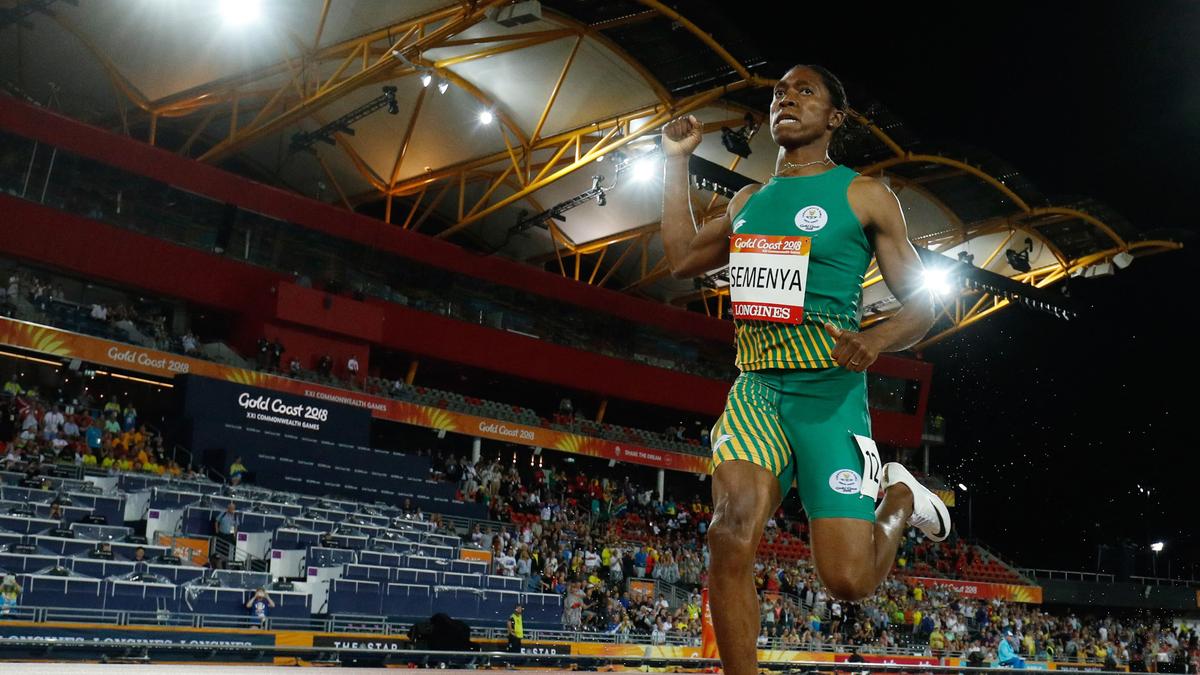Explained: What Caster Semenya’s Latest Court Win Means for Women’s Sport
Human rights court rules Caster Semenya did not get a fair hearing in Switzerland over track’s sex eligibility rules.
Here’s all you need to know:
Q: What was the European Court of Human Rights ruling about?
A: The court ruled that Caster Semenya’s right to a fair trial was violated by the Swiss Supreme Court in how it handled her appeal against a decision by the Court of Arbitration for Sport (CAS).
Q: Does this ruling overturn the World Athletics rules on testosterone?
A: No. The court didn’t strike down World Athletics’ rules, which require certain female athletes with high natural testosterone to lower it to compete in specific events.
Q: So what does Semenya actually win here?
A: The ruling is a procedural win. The Swiss court must now re-examine Semenya’s appeal, this time using stricter legal standards.
Q: What were the rules that effectively ended her 800m career?
A: World Athletics rules from 2019 bar athletes with differences in sexual development (DSDs) from competing in women’s events unless they medically reduce their testosterone levels.
Q: How did CAS justify upholding those rules?
A: CAS acknowledged the rules were discriminatory but said the discrimination was “necessary, reasonable, and proportionate” to preserve fairness in women’s sports.
Q: What’s next in the legal process?
A: The Swiss Federal Court will be expected to reassess Semenya’s appeal more rigorously. That could potentially reopen legal avenues to challenge the World Athletics policy.
Q: Why is this case so significant?
A: It tests the limits of sports governance, athletes’ rights, and how fair competition is defined in women’s sport — especially around sex and gender.
Q: Has Semenya stopped running altogether?
A: No. While she can’t compete in the 800m under current rules, she has tried other distances like the 5000m, though with less success.
Q: What does World Athletics say?
A: The body insists its rules are grounded in science and protect fairness in female categories, though critics argue they target a small group of athletes unfairly.
Q: Could this case change rules in other sports?
A: Potentially. A stronger legal precedent against CAS’s jurisdiction or weak oversight by national courts could force broader changes in how sports law is applied globally.
(With inputs from AP)


